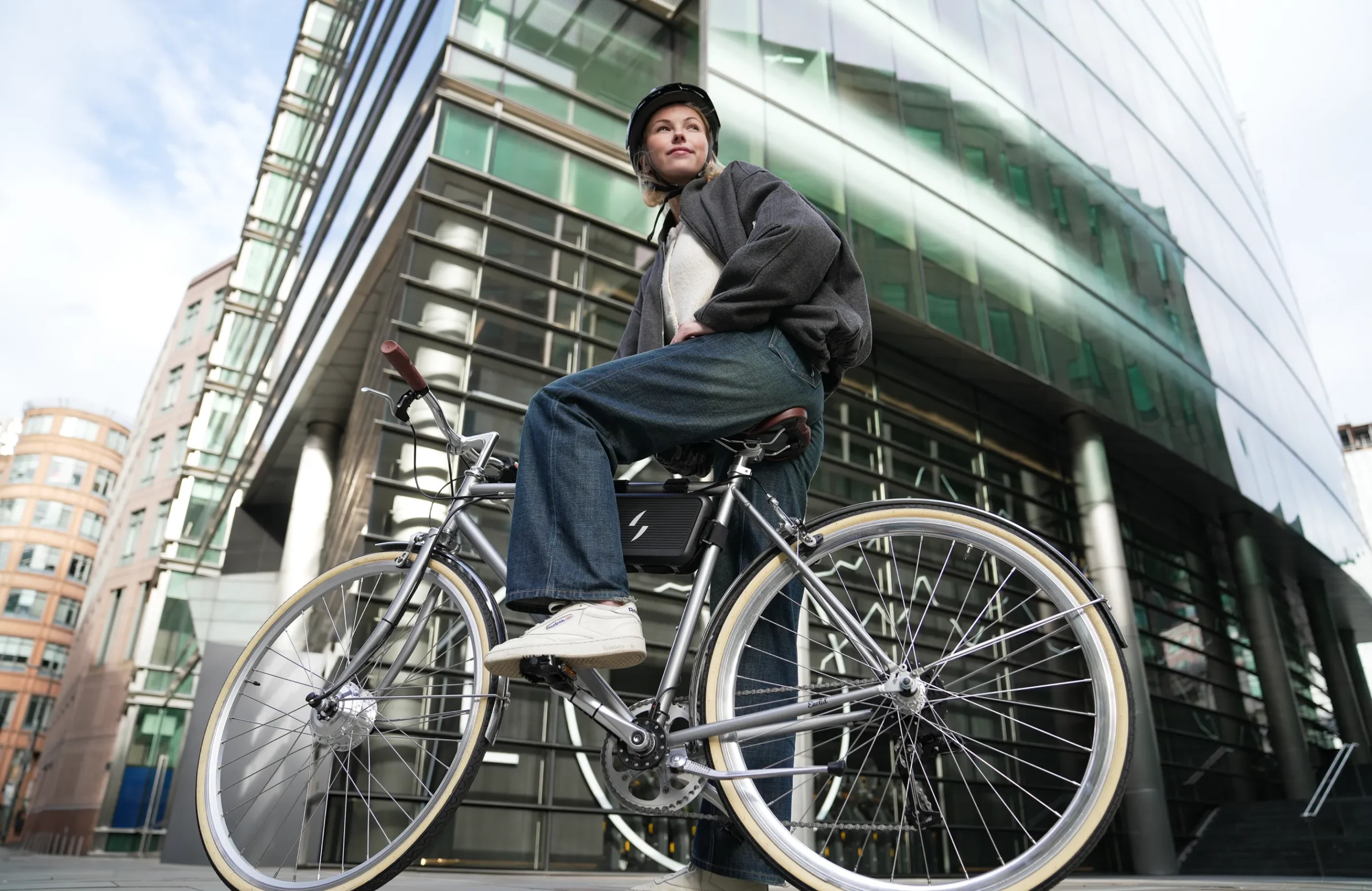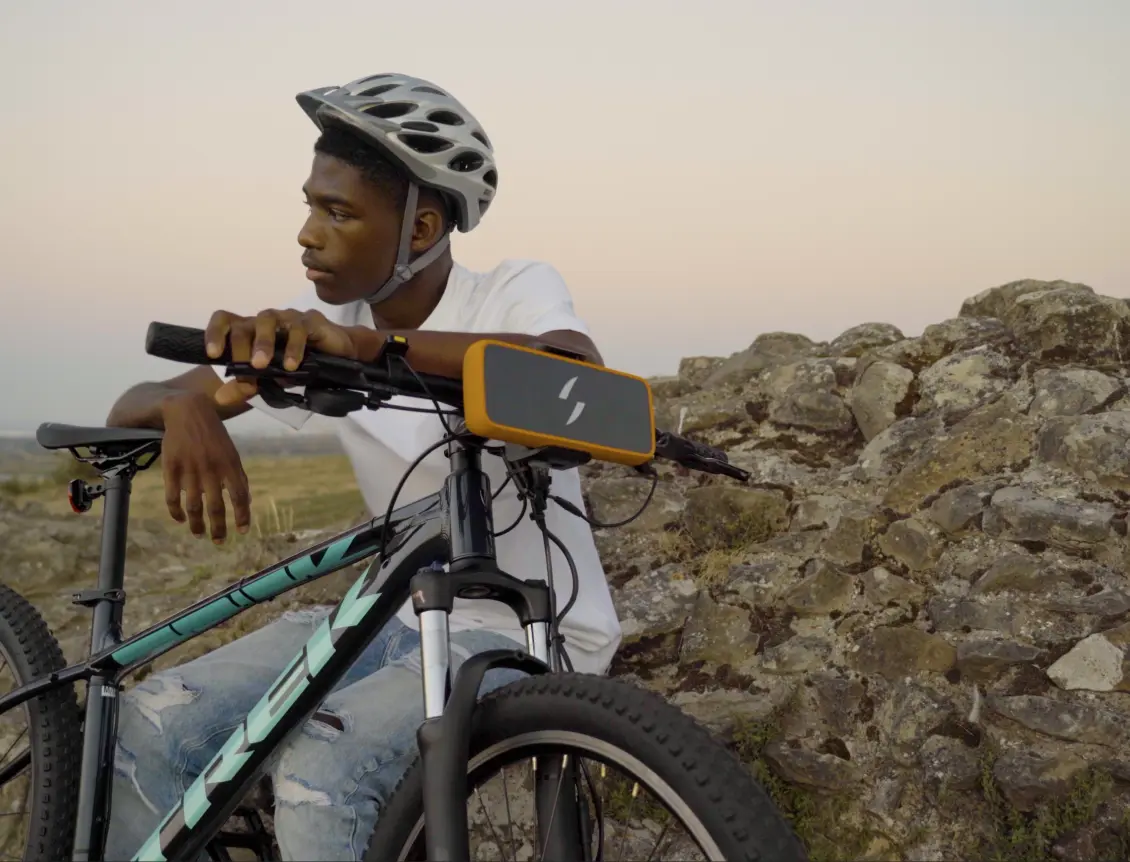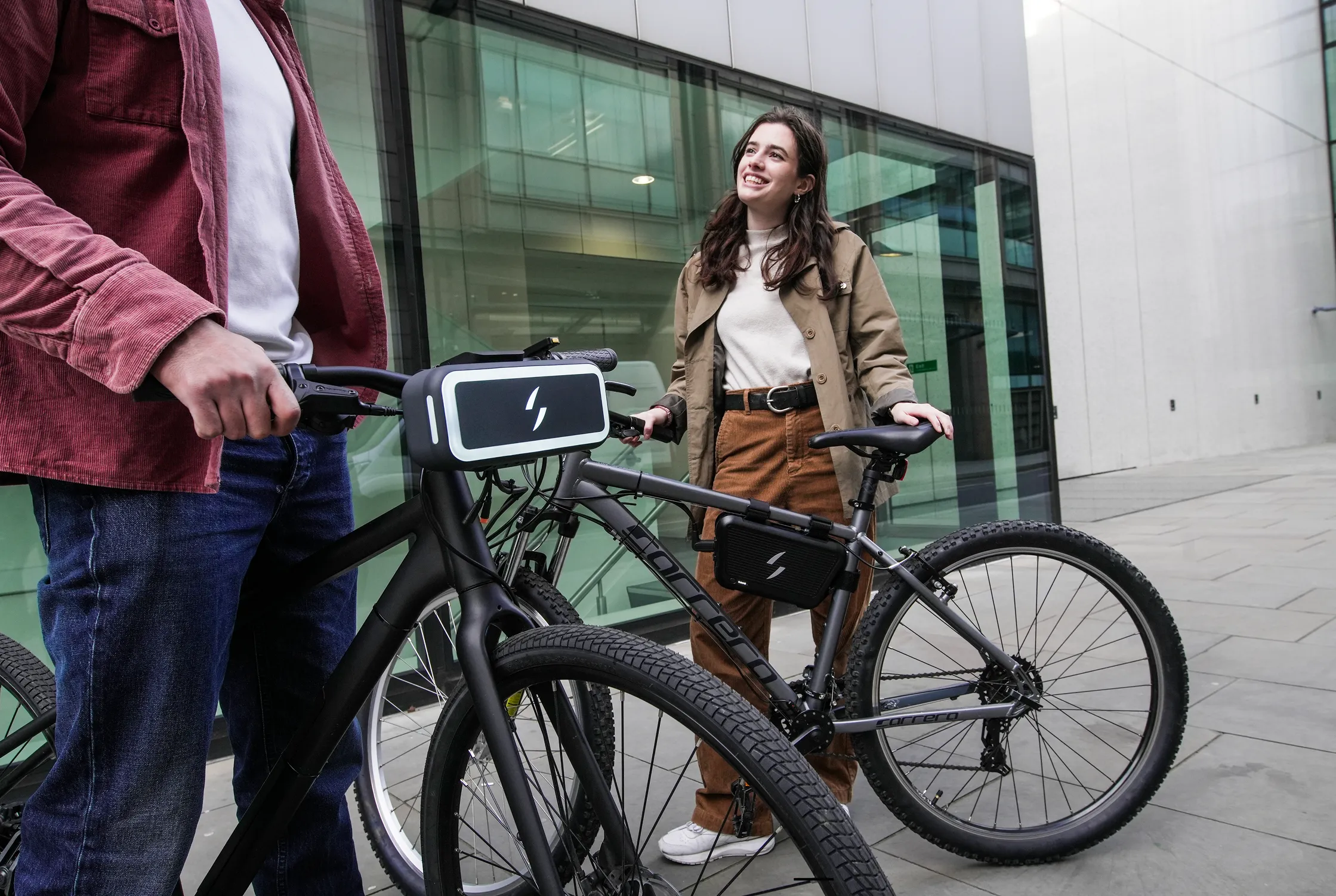Adjusting to pedal assist on a hybrid e-bike
Sometimes in life, things that were once manual are automated and those tasks either get easier or they are rendered obsolete. For hybrid e-bikes that applies to both speed (maintained by a motor and battery system) and pedalling. The pedal assist on hybrid e-bikes (an e-bike that allows you to maintain manual use of your bike, in contrast to a purpose built e-bike) will change how you ride your bike.
If you don't know what pedal assist is, it's a mode of e-bike that uses torque (based on pedalling power) or cadence (based on crank power) sensors to provide power to the e-bike when you are pedalling. Contrary to a throttle assist, which operates more like a motorbike would. The pedal assist means you don't have to hold down a throttle to manage your speed and feels more like riding a traditional bike. It also generally adds a bit of range to your e-bike when compared to a throttle assist e-bike.
I like a pedal assist because it still feels like you are riding a bike, especially if you have a hybrid e-bike. Being reminded of that fact while riding helps keep me from getting distracted by the fact that my speed and ride is being assisted by a battery. It's kind of like cruise control in a car, in the sense you still want to keep your feet engaged and near the pedals in case something happens. With pedal assist, you just have to keep pedalling at least a little bit.
Most pedal assist systems have different levels of assistance. Some can have numerous settings, but to put it simply you'll generally have some version of high, medium and low. High is when you want a higher rate of speed with the least amount of effort. The pedal assist here kicks in hard and keeps you moving. Low is the opposite, gives you the opportunity for more of a workout and leaves most of the power to your legs. Then there are a bunch of speeds in between and you can call them all medium because each e-bike is different.
Pedal assist systems
Getting used to a pedal assist system depends on the system. If you have a torque pedal assist system, this uses the actual turning of the pedals to determine the level of assist. If you are lazily turning the pedals, then it's going to deliver a higher level of assist. If you are going hard to get that back-of-the-knee sweat game going, then it's going to deliver a lower level of assist.
With a cadence pedal assist system, the pedal assist is going to generally be a pre-set function. That is, you are going to use a screen or attached dial to set the pedal assist power. So if your legs want to go harder but your brain doesn't command your hand to switch the pedal assist level, nothing will happen. This system is hooked directly to the cranks and controls the speed based on that connection.
What's the best system?
I prefer a torque system because it feels more reactive to how fast (or slow) I'm pedalling. Since I have a hybrid e-bike, I'd rather feel more like I'm riding a standard bike than riding a motorbike that happens to allow me to utilize the pedals sometimes. Both types of pedal assist systems allow you to shut them off completely and switch to entirely manual pedalling, which is just riding a normal bike. Which is fine, because that's why I have a hybrid e-bike and not a purpose built e-bike.
It should be noted that a lot of e-bikes come with both systems and both systems can be found on both hybrid e-bike conversion kits and purpose built e-bikes. It's all about what kind of ride you are looking for, what kind of speeds you want to attain and what kind of controls match your riding style. What works for me might not work for you, but that's the magic of this growing industry. With more options than ever on the market, it's easier than ever to find the right e-bike for your cycling lifestyle.
Curtis Silver


